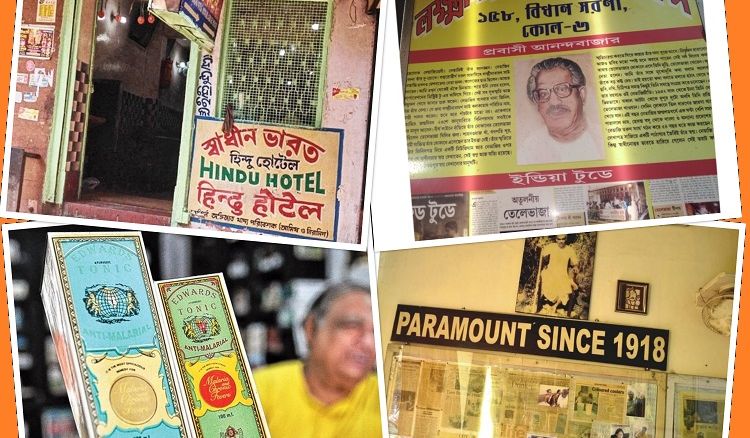The 20th century was a time of intense struggle in India, especially in Bengal, where the fight for independence was at its peak. Many revolutionaries realized that a peaceful movement wouldn't be enough, and they took up arms to fight for freedom. While the revolutionaries were directly involved in the struggle, people from various walks of life also stepped up to support them. This period saw the rise of many indigenous businesses inspired by the Swadeshi movement.
Swadeshi movement in Kolkata : For example, Suresh Dey, a close ally of Master Da (Surya Sen), founded Shree Leaders. Other products like Boroline by Gouri Mohan Dutta and Sulekha ink were also born out of the Swadeshi movement. Some of these businesses were more than just commercial enterprises; they became safe havens for revolutionaries and were deeply involved in the independence movement.
Historical revolutionary hubs in India : In Kolkata, Paramount is well-known as a place for refreshing drinks, but it has a deeper history. Established in 1918 by Nihar Ranjan Majumdar from Barishal, it was originally called Paradise. Behind the scenes, it was a hub for Swadeshi activities. Revolutionaries like Bagha Jatin and Subhas Chandra Bose frequented this place. However, British authorities eventually discovered the underground activities, and the shop was shut down. In 1937, it reopened under the name Paramount.
The Swadhin Bharat Hindu Hotel, near Hindu College, was another significant establishment. Originally named Hindu Hotel, it was later renamed after independence in 1947. Many freedom fighters, including Netaji Subhas Chandra Bose and Rishi Aurobindo, were regulars here. The hotel wasn’t just a place to eat; it also provided shelter to those evading British authorities.
In 1918, near Star Theatre, a small shop named Lakshmi Narayan Sau opened, specializing in chops (a popular snack). The shop’s owner, Laxmi Narayan Sau (also known as Khedu), was inspired by Netaji and often served as a messenger for revolutionaries. The shop became a meeting spot where plans for the next steps in the revolution were discussed. Revolutionary meetings were accompanied by snacks from this very shop.
Batakrishna Pal, a prominent pharmaceutical businessman in colonial India, played a covert role in the independence movement. While he gained the trust of the British with his popular "Edward Tonic," he secretly supported the revolutionaries. He couldn't participate openly in the movement but took significant risks to help from behind the scenes. His dispensary in Shobhabazar remained open 24/7, providing a safe place for revolutionaries to gather. He personally handed over "medicines" to them, which often included materials like nitric acid and potassium for making bombs. As a pharmacist, it was easy for him to stockpile these items, and he continued supplying revolutionaries with the materials they needed for their cause.
India's independence was not the result of a single organization or movement; it was the outcome of countless efforts by people from all walks of life. Whether they provided shelter, food, or medicine, many individuals played crucial roles in supporting the fight for freedom. These unsung heroes deserve our deepest respect for their contributions to the cause of independence.

No comments:
Post a Comment